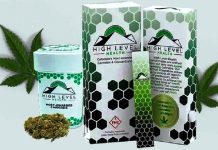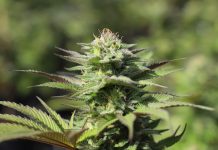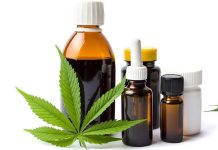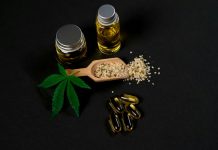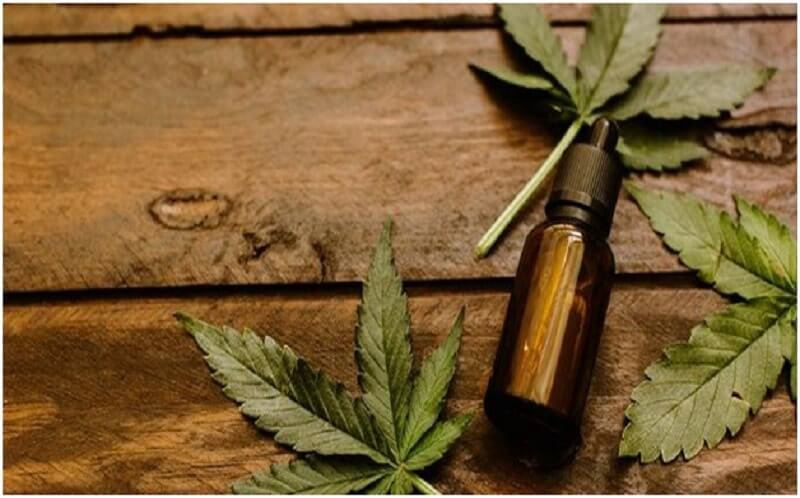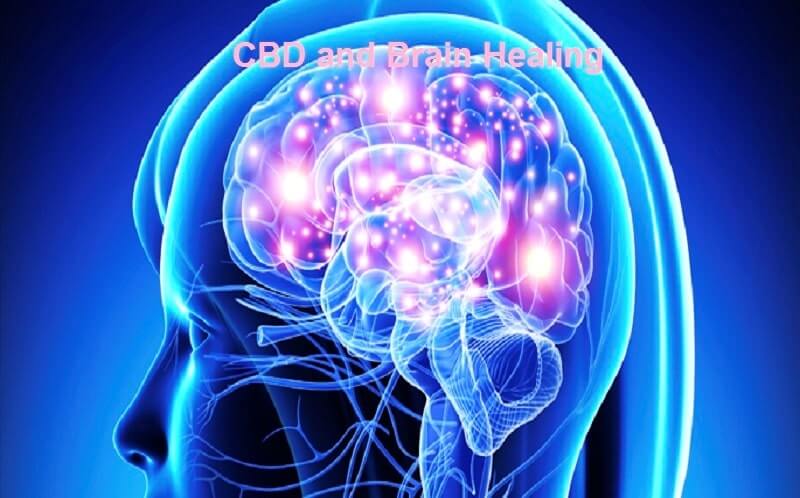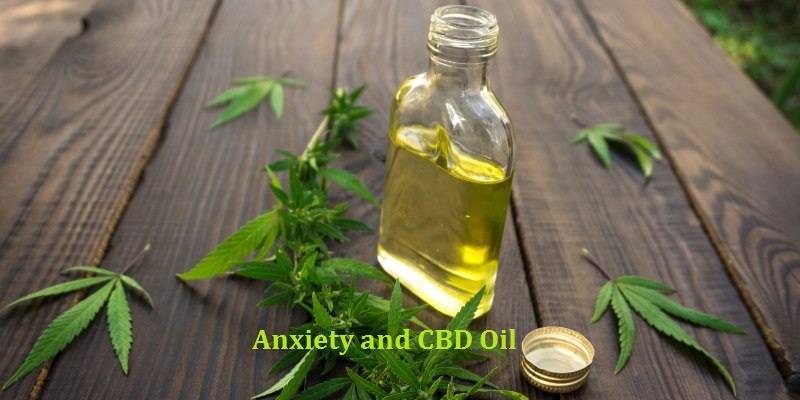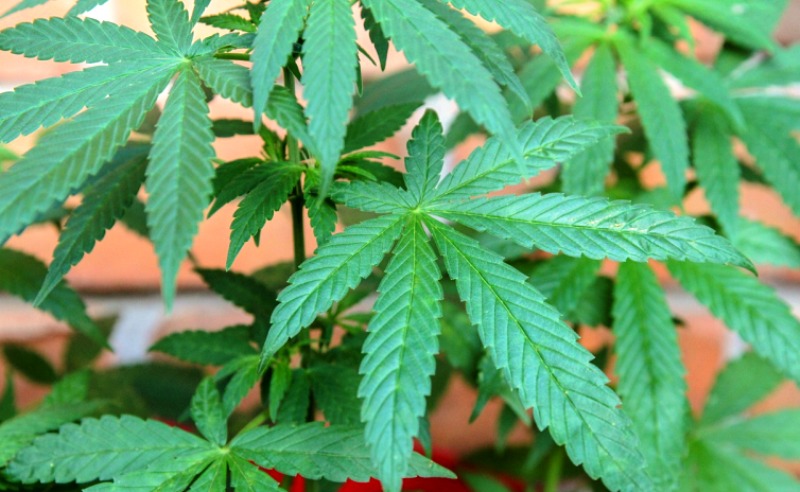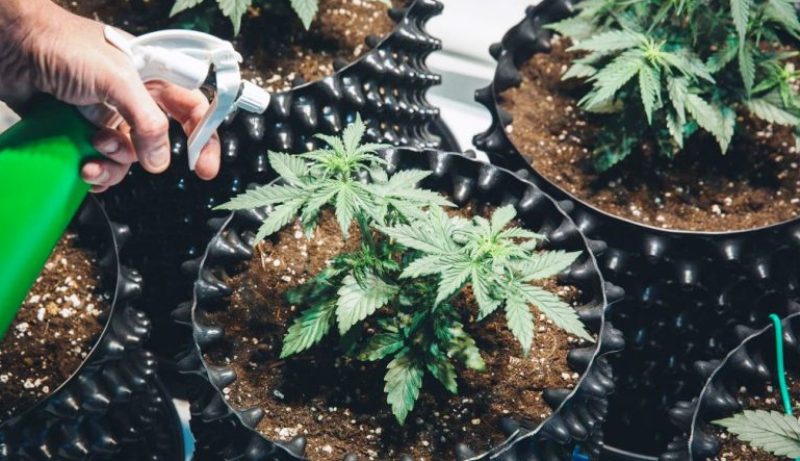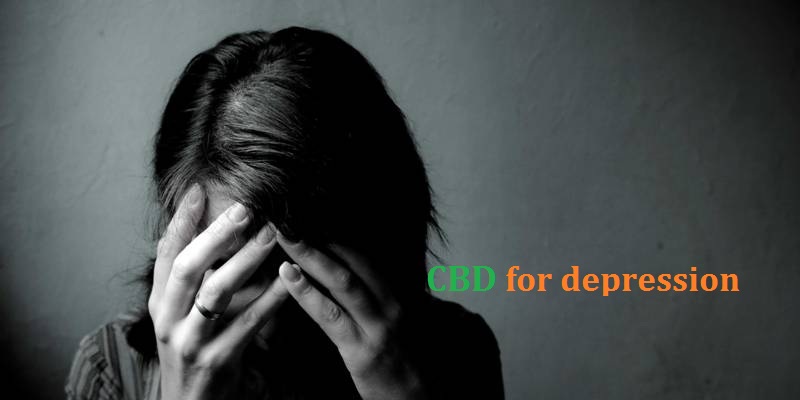Some cannabis strains help patients better because they may be weaker or stronger. This is not only due to the concentration of THC and CBD, but also to the ratio of different terpenes, and which interaction is favored by them.
Depression is a serious mental illness. In 2015, 322 million people worldwide suffered from depression, according to a study by the World Health Organization (WHO). That’s an increase of around 18 percent over the past ten years because these beneficial interactions are absent in synthetically produced THC, many patients continue to rely on cannabis flowers.
Medical cannabis in depression
For centuries, medical cannabis has been used in depression. Already in 1621, the English clergyman Robert Burton declared that cannabis was a helpful remedy for depressive states. In India, cannabis was prescribed for depression more than 400 years ago and English doctors gave extracts from the hemp plant to those suffering from depression in the 17th century. The British physician JR Reynolds analyzed the use of cannabis in the last 30 years in 1890 and found that the long-term use of medical cannabis against depression showed positive effects. Despite such positive results, there is a growing belief that cannabis use increases the risk of depression and other mental illnesses.
Medical cannabis for depression: Cannabis as a new antidepressant?
Therapy for depression usually involves psychotherapy or behavioral therapy. Antidepressants can also be used. These have many effects but are also controversial due to the side effects. Medical cannabis for depression could be a natural and low-side-effect replacement. For cannabis on a prescription has long been known for its mood-regulating effect. In recent work, researchers even suggest that the cannabinoids from the hemp plant could be a new fast-acting antidepressant to overcome depression.
The most commonly mentioned reasons for use were anxiety, depression, pain, and arthritis. And in many other clinical studies to investigate the cannabis effect was repeatedly described as a side effect of the mood-enhancing effect. In a detailed work on the benefits of cannabis drugs for the treatment of nausea and vomiting in chemotherapy, the mood-enhancing effect, which may even go as far as euphoria at high doses, has been characterized as an explicitly desired side effect of cannabis.
CBD for depression
Particularly interesting is a recent study from 2016. Spanish researchers from the Universidad de Cantabria discovered potential mechanisms of action, such as the cannabinoids delta-9-tetrahydrocannabinol ( THC ) and cannabidiol ( CBD ) from the hemp plant against depression could act. In particular, cannabinoid CBD, which has no psychoactive effect, could be a fast-acting anti-depression drug as CBD binds to the 5-HT1A receptor (serotonin receptor).
CBD for depression continues to be at the center of much research to clarify the potential applications of medical cannabis and the context of depression treatment. Thus, CBD could be a fast-acting and, above all, a low-side-effects drug in the treatment of depression.
Terpene – Cannabis has more to offer than THC and CBD
Terpenes are essential oils in plants and are responsible for the smell and the taste. The hemp plant also contains terpenes, which have a calming, exciting, antispasmodic, or anxiolytic effect in the body. This is especially important when choosing the right cannabis strain.
Essential oils work in the body in many ways. Eucalyptus oil or pine oil, for example, acts on the bronchi and help speed up the decay of an acute cold. The terpenes in the hemp plant interact with the cannabinoids. In addition, synergies between the cannabinoids and the terpenes may occur, increasing their effectiveness.
The cannabinoid THC binds to the cannabinoid receptors in the body’s endocannabinoid system, triggering a psychoactive effect. It is known that some terpenes also dock to the cannabinoid receptors and influence their capacity to absorb. How much THC happens at the blood-brain barrier is also affected by the terpenes. At the same time, terpenes also act on the neurotransmitters serotonin and dopamine, which are known to be responsible for mood regulation. Therefore, the terpenes from the hemp plant are becoming more and more in the focus of the researchers, because they actually have a medical benefit.
Cannabis varieties for depression
Medical cannabis can help against depression. But it must also be mentioned that it is not a cure for depression. Psychotherapy should always be in the foreground in the treatment of depression. On the other hand, medical cannabis for depression can only provide temporary relief.
Conclusion:
However, every cannabis variety has a different effect: Sativa heavy hybrids are often the first choice since the effect of pure Sativa can be too strong. Sativa hybrids have a slightly sedating and stimulating effect. Pure Indica varieties are not recommended, as the high efficiency is too strong here and is counterproductive for depression. The following cannabis strains are often recommended for depression






